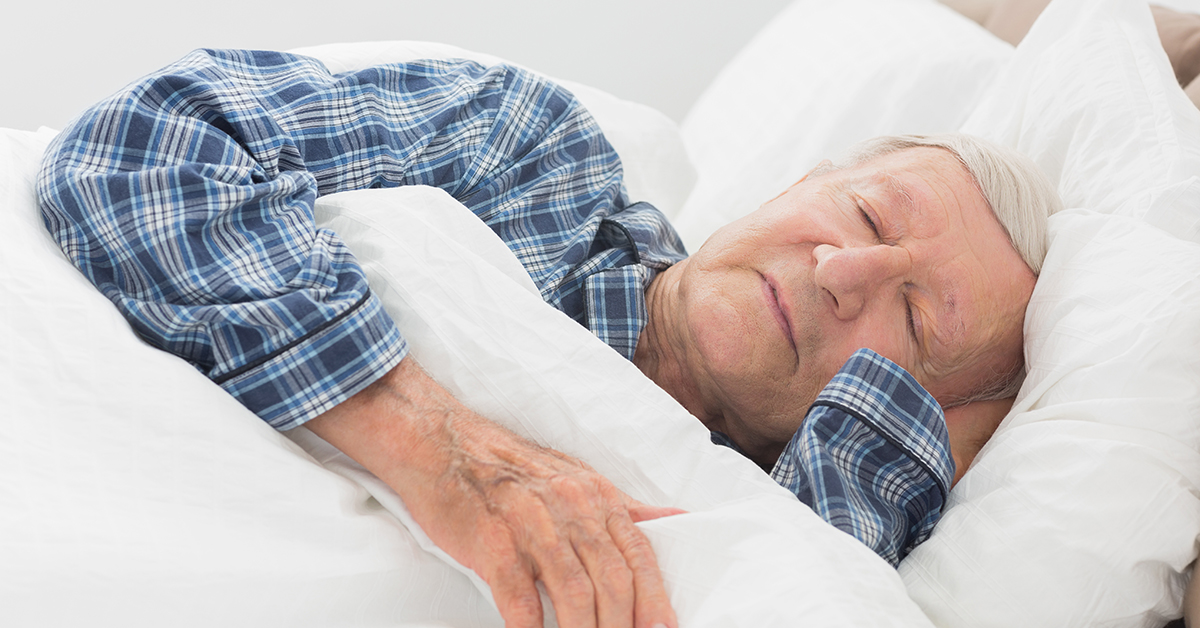
Aging and Sleep
Most people know that aging often leads to physical changes like fine lines, wrinkles, and gray hair. What they may not realize, however, is that sleep patterns also change as we go through the natural process of aging. Time after time, research proves that the older we are, the longer it will take us to fall asleep. Aging can also cause us to wake up frequently during the night and increase our risk of sleep disorders.
Insomnia in Older Adults
Insomnia is one of the most common sleep disorders that older adults in America experience at some point in time. It leads to difficulty falling asleep and staying asleep. If you have insomnia, you may face exhaustion in the mornings and lack the energy you need to lead a productive, fulfilling life. Left untreated, insomnia can lead to slower reaction times while driving and increase your risk of accidents. It can also cause anxiety, depression, high blood pressure, and heart disease.
How to Treat Insomnia
Fortunately, there are a number of ways you can treat insomnia and improve your overall quality of life. Your doctor may suggest stimulus control therapy which includes ignoring anything that makes it difficult for you to fall asleep. Sleep restriction which reduces the amount of time you spend in your bed by avoiding things like daytime naps may help as well.
Your doctor may also prescribe prescription sleeping pills or recommend antihistamines that can make you drowsy for a short while. Lifestyle modifications like waking up and going to sleep at the same time every day, staying active, limiting caffeine, and creating a comfortable sleeping environment may be effective too.
Sleep Apnea in Older Adults
In addition to insomnia, many older adults experience sleep apnea. This condition occurs when you stop and start breathing frequently during sleep. If you have sleep apnea, you may snore, snort, and gaggle excessively in your sleep and feel tired any time you're awake. In addition, you may be at risk for high blood pressure, heart disease, and type 2 diabetes.
Treatments for Sleep Apnea
Simple lifestyle changes like quitting smoking and drinking, treating allergies, and losing weight can usually treat mild cases of sleep apnea. More severe sleep apnea, however, may require the use of a Continuous Positive Airway Pressure (CPAP) machine which can aid in breathing. Severe sleep apnea can also improve with custom made mouth-guards that adjust your jaw and tongue position.
If you've noticed that aging has interfered with your sleep quality, consult a doctor as soon as possible for a diagnosis and viable treatment plan.

